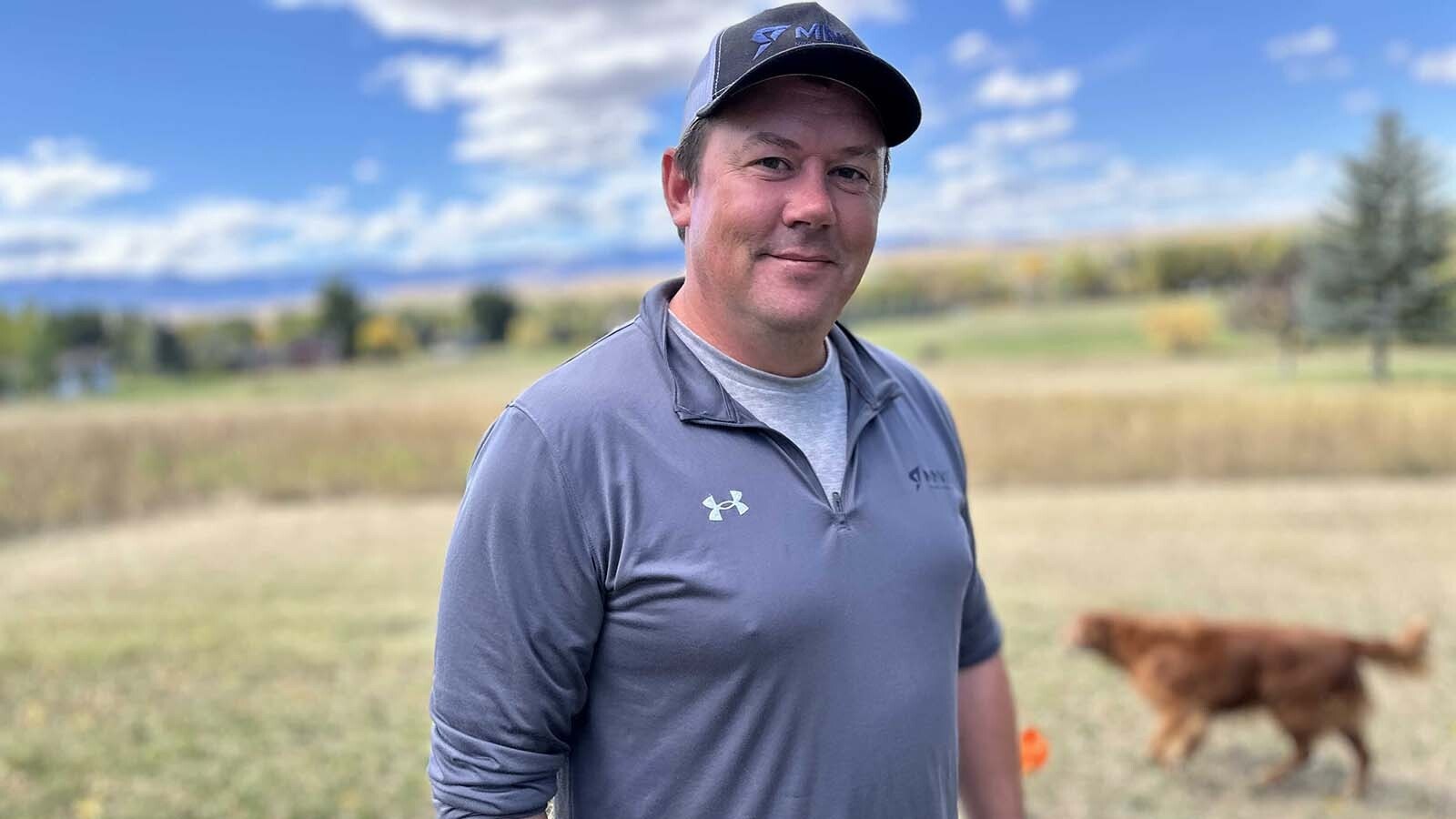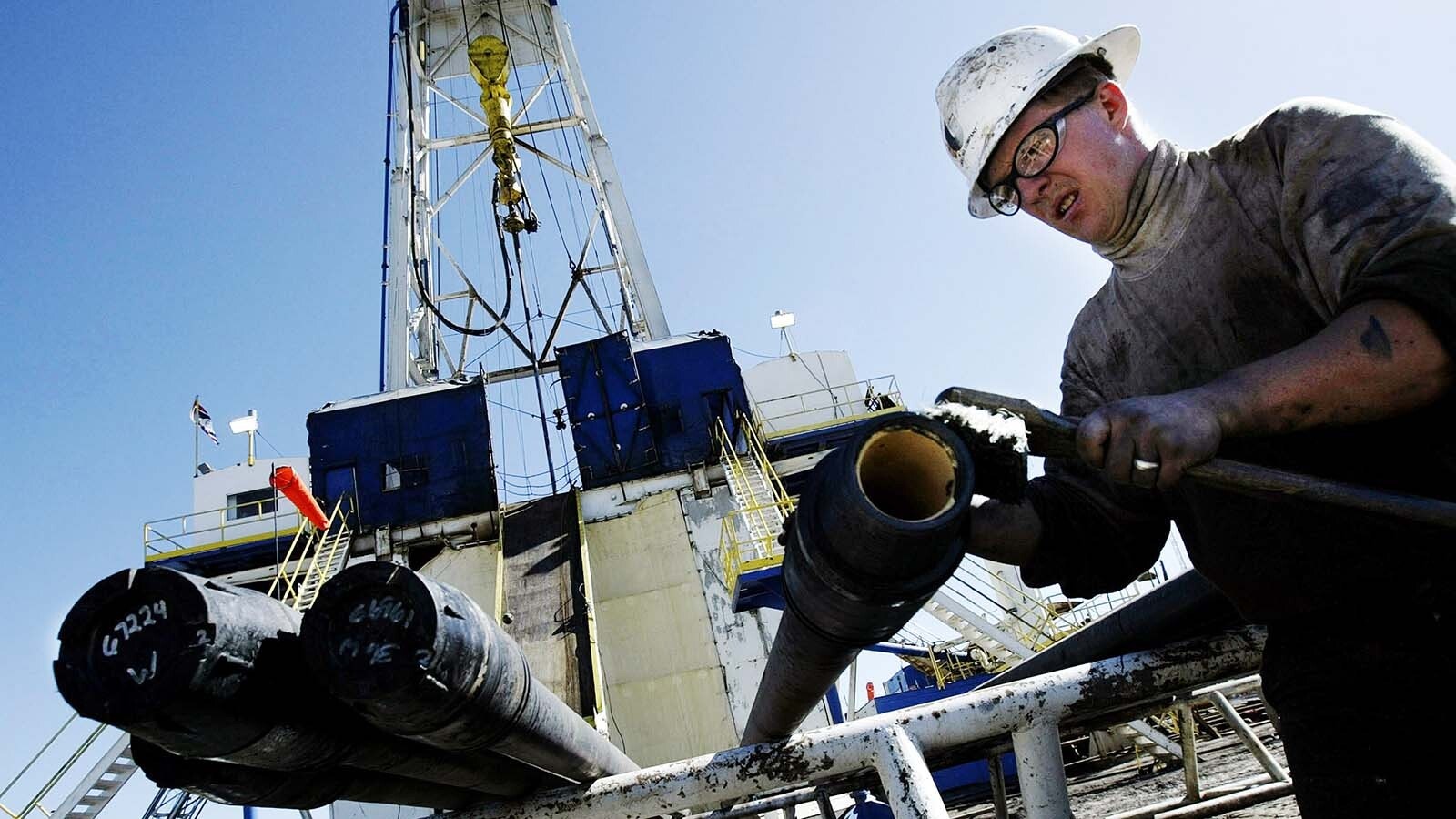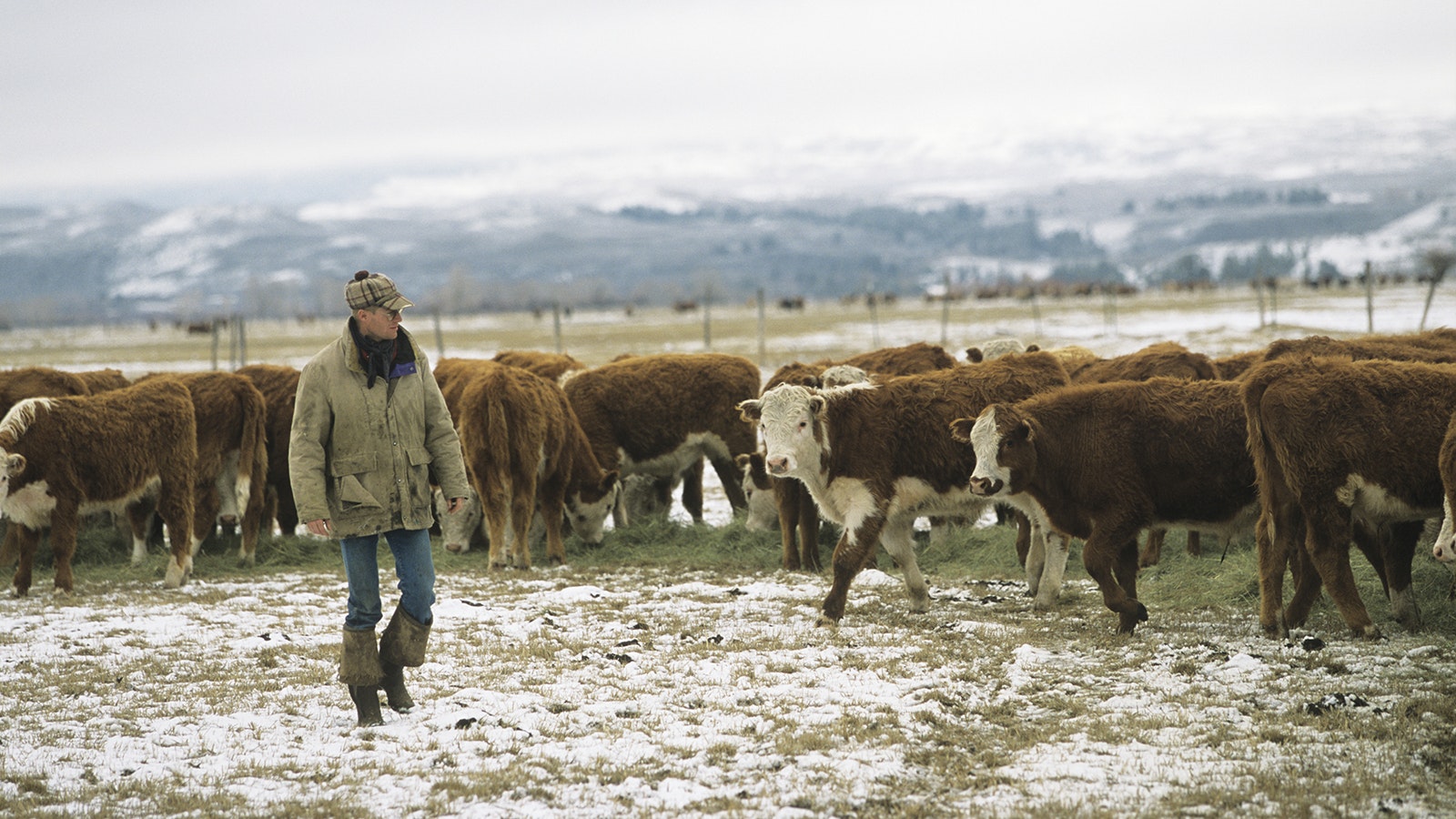The most experienced electrical operators and roughneck techs in Wyoming's energy fields can hear a pump belt slipping from 20 feet away.
They can feel a pressure problem through the vibration in their hands. They know, from decades of hard-won experience, exactly which valve to adjust when a generator starts running rough.
Right now, as Wyoming ramps up every sector of its energy industry, many of these seasoned professionals are hitting retirement age.
"There are times you'll go out and talk to a very experienced operator and they hear something and they know exactly what's happening," Hank Tanner told Cowboy State Daily.
As president of Automation & Electronics, a Casper-based electrical contractor that's been operating since 1956, Tanner works alongside all kinds of electricians and techs who service the oil and gas fields.
"An experienced operator would hear that noise, and they would just know they need to go change that belt,' said Tanner, whose company builds electrical systems connecting gas wells directly to power generators, among other systems in oil and gas patches in Wyoming and around the country. "But they don't write it down. You learn that through experience.
"And as soon as those people leave the workforce, it's gone forever.”
Tanner is seeing a critical brain trust exiting his corner of the energy industry at a pace exceeding the number of young workers entering the field.
There's no time, given the rapid demand for increased electricity generation, to properly train the next generation before the current one walks out the door, according to Tanner and others tracking this issue.
Turns out, one of Tanner’s childhood friends from Casper might have a solution.

Data Driller
Enter MNVR (pronounced "maneuver"), a new artificial intelligence company that officially launched Oct. 1.
The startup is essentially wildcatting in the digital data fields of Wyoming's industrial operations, drilling down into vast streams of operational data from oil, gas and uranium operations, hoping their AI tools will strike a gusher of customer interest.
Just as oil prospectors gamble on finding crude underground, MNVR is betting it can mine something valuable: the institutional knowledge of those retiring veterans, which it wants to combine with machine learning to translate into algorithms that help less-experienced operators perform like experts.
"Industrial systems are critical to powering modern infrastructure, but they remain burdened by inefficiencies, costly downtime, and a widening skills gap," said Doug Kenik, MNVR's founder and CEO.
Dressed casually in flip-flops, shorts and a MNVR branded pullover, Kenik worked from home on MNVR’s official launch day.
His small team continues to collaborate remotely, looking for opportunities to turn the potential efficiencies gained by using AI tools into a profitable company.
While his two dogs wrestled in the grass at his home tucked on a bucolic slope just south of Sheridan, Kenik recalled a conversation that crystallized the challenge. MNVR approached a veteran operator and asked him to write down his troubleshooting procedures. The operator gestured to a worn notebook.
"I just keep everything in this," he said. He never did provide the documentation.
This scenario plays out across Wyoming's energy industry.
Operators who've spent 30 or 40 years in the field carry irreplaceable knowledge — not just about what to do when something breaks, but why it breaks and how to prevent it. That knowledge often exists nowhere except in their heads.
Twin Powers Activate
New "microgrids" — localized power generation systems that take natural gas directly from wells and convert it to electricity — are proliferating across the state and beyond. Automation & Electronics has projects in North Dakota, Wyoming, Texas, and other states, all needing experienced operators.
MNVR's solution is to create what the tech industry calls "digital twins" — virtual replicas of industrial systems that spot problems before they become catastrophic failures. The technology monitors how systems actually perform, then compares that real-world data against a model of how they should run perfectly.
When the AI spots deviations — unusual vibrations, pressure changes, efficiency drops — it alerts operators to problems before equipment fails. More importantly, it connects dots across complex systems that human operators might miss. A generator running at 40% efficiency instead of 80% might have a problem originating not in the generator itself, but in the gas supply feeding it.
Eventually, MNVR hopes the system will tell a less-experienced operator: "Last time this happened, the problem was over here, and this is how the veteran fixed it,” said Kenik.
The operator then confirms whether that solution worked, providing feedback that makes the system smarter.
By optimizing how efficiently generators convert natural gas into electricity, MNVR's AI could help energy producers generate more power while buying less fuel.
"At the end of the day, it turns into — you can sell more power and buy less gas to do it," Tanner said.
Expressing his optimism for the potential market MNVR hopes to serve, Tanner added, "As soon as someone can show something that affects the bottom line, it's going to be an avalanche."

Old Friends, New Venture
Kenik grew up in Casper, earned mechanical engineering degrees from the University of Wyoming, and worked in software for 3D printing, eventually moving to Boston when his company was acquired.
A 900-square foot apartment in San Francisco followed, and when the Covid pandemic hit, Kenik and his fiancée fled to Sheridan.
Last December, his old childhood friend Tanner reached out. The two had known each other since sixth or seventh grade at Kelly Walsh High School. Tanner's company was collecting massive amounts of data from industrial systems but not really using it beyond basic visualization. Could there be something more valuable hidden there?
"I called Doug last fall, and I knew that he had come back to Wyoming," Tanner recalled. "I said, ‘When you get bored, call me, because I'm interested in investigating this.’ And in December he did."
For six months, Kenik and his Chief Technology Officer Jeff Selden — a mathematician who taught at the University of Wyoming — went hunting with what Kenik describes as "a hammer looking for a nail," approaching companies and asking to examine their data.
Eventually, they found willing partners in DISA Technologies and Energy Solutions. These partnerships gave MNVR access to what Kenik calls "end-to-end data.”
"Working with MNVR, we are taking a big leap forward in how we manage complex processes like our High-Pressure Slurry Ablation technology. Customers benefit from predictive insights and performance optimization that help detect problems before they become serious, reduce interruptions, and improve liberation rates," said Greyson Buckingham, CEO and president of DISA Technologies.

Human Factor
The MNVR team insists it’s focused on "human in the loop" systems. The AI makes suggestions, but human operators execute final decisions.
"You need the operator still to be there no matter what," Kenik emphasized. "And the operator needs to sign off on what they're doing. Because if the system just started doing things and saying, 'This is what I'm going to do,' and we caused an issue financially or legally, that's a huge issue."
Kenik’s caution is echoed by many in Wyoming’s energy industry. Not everyone is convinced an AI boom is looming.
On Tuesday, the day before MNVR announced itself to the world, Gov. Mark Gordon fielded a question about how AI might enhance the state’s energy industry.
"I believe that AI is going to have an enormous impact and already has had on everything we do in this country," Gordon said, not referring to MNVR specifically but instead talking about AI’s overall role in the current energy boom.
"The question I think that a lot of utilities are looking at is, are we going to over-promise on AI?” wondered Gordon. “Is it going to be something that, much like the 1970s where we thought electricity was going to go straight up and never stop, that we will end up over-investing in and people will lose a lot of money?"
Kenik acknowledged the uncertainty but said every microgrid supplier and energy consumer he's spoken with tells him not to worry for at least the next five or six years.
The company competes against giants like GE, though Kenik argues MNVR's focus on Wyoming-specific problems and access to end-to-end data gives it an edge.
He noted, "Wyoming seems to be overlooked a lot for these kinds of things.”
"We can't create a solution to a problem that doesn't exist or not a high-value one," Kenik said. "We have to go out there and solve high-value problems. And we're confident that there is one, just by the data that we're looking at."
David Madison can be reached at david@cowboystatedaily.com.






